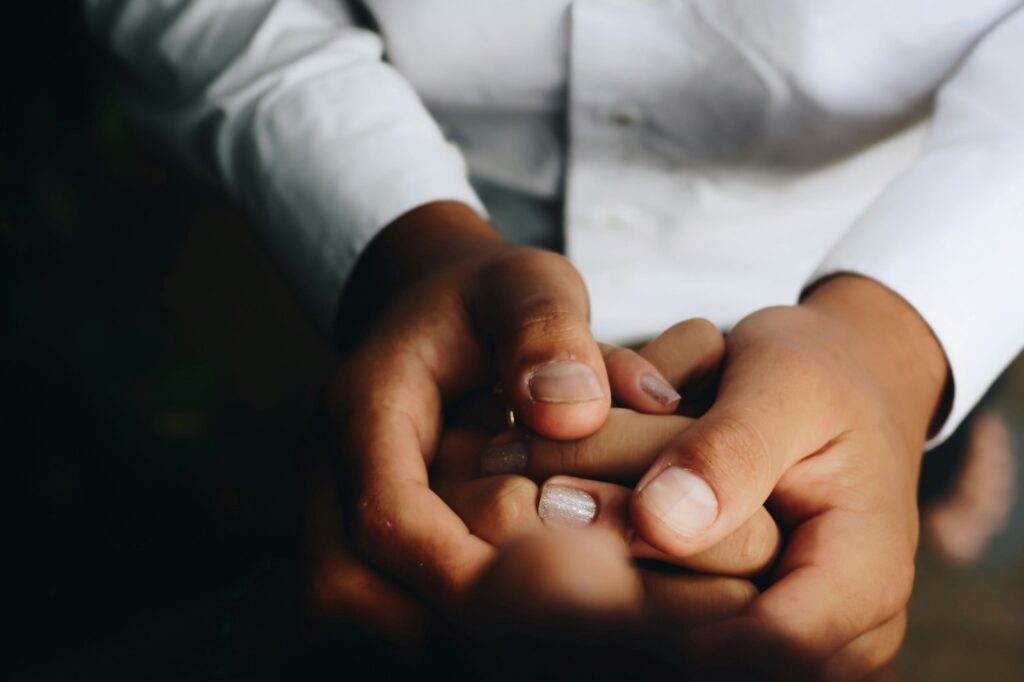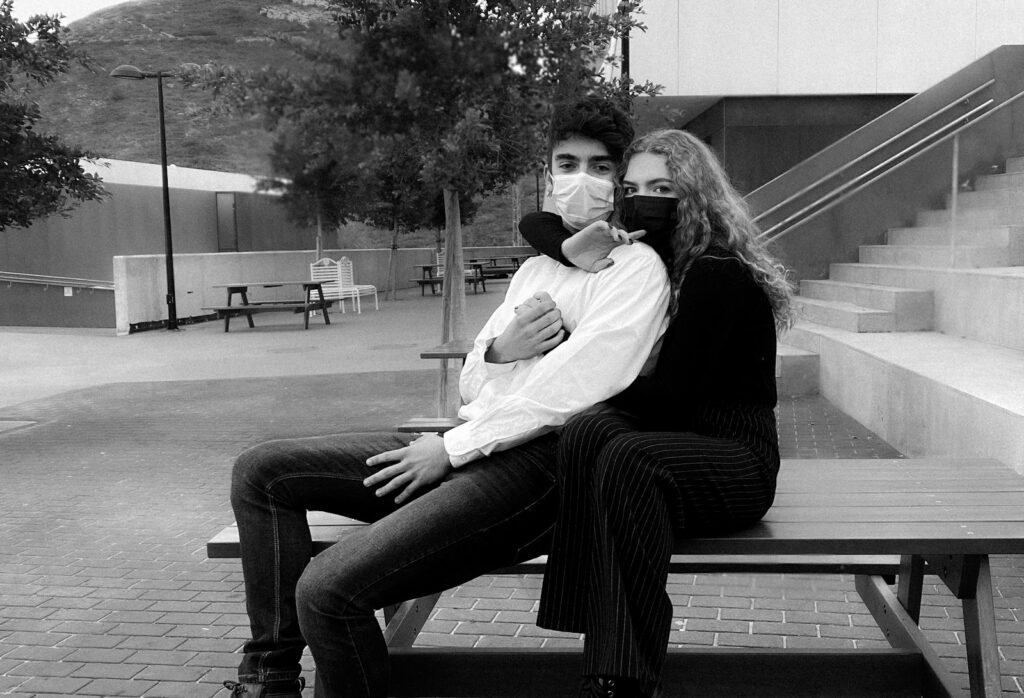
Love is one of those things people talk about long before they’ve felt it. It sneaks in through songs playing on the radio and quiet conversations adults think kids don’t hear. You grow up chasing the image, not the feeling. Over time, it starts to look more like effort than ease. What people call love sometimes just feels like trying too hard not to be alone.
Needing Constant Reassurance

Some think love means being told they’re wanted all the time. Every few hours, they need a text, a call, some sign they still matter. But that’s not love—it’s insecurity wearing affection’s clothes. When silence feels like rejection, the problem isn’t distance; it’s doubt. Love shouldn’t have to prove itself every morning. It should feel steady even when the phone stays quiet.
Jealousy Framed as Passion

People romanticize jealousy as if it were proof of deep emotion. They call it “caring too much,” as if suspicion equals love. But love doesn’t monitor; it trusts. That rush of anger when someone else gets attention isn’t affection—it’s fear of being replaced. Jealousy might make you feel wanted for a moment, but it never makes you feel safe.
Trying to Fix Someone

There’s a strange comfort in thinking love can heal everything. You meet someone broken and take it upon yourself to mend them. But love isn’t a repair job—it’s a space where both can grow. Trying to fix someone turns care into control. And once you start loving their potential more than their reality, you lose both them and yourself.
Mistaking Control for Care

It starts small—“Text me when you get home,” “Don’t hang out with them.” It sounds protective, almost sweet. But soon, every move needs approval. People often confuse control with love because both are usually wrapped in attention. The difference is that one gives freedom, the other takes it away. Real love lets you breathe without checking if it’s allowed.
Confusing Intensity with Intimacy

Those first few months—constant messages, long nights, everything burning fast. It feels like closeness, but it’s often adrenaline. Intensity fades, and when it does, some people think the love went too. But love that lasts is quieter. It grows slowly, in patience and routine. If it always feels like a storm, it’s not connection—it’s chaos.
Sacrificing Everything to Keep It

They say love is about giving, but there’s a limit no one talks about. When one person keeps shrinking so the other can stay comfortable, that’s not love—it’s loss. Skipping meals, canceling plans, silencing your needs doesn’t make you devoted; it makes you disappear. Real love doesn’t ask you to erase yourself to fit inside it.
Mistaking Obsession for Loyalty

Checking their social media, counting their hours, memorizing their schedule—it feels like commitment, but it’s really control. Obsession wears the same clothes as devotion until you notice how heavy it feels. Love can’t breathe when it’s monitored. Loyalty doesn’t mean watching every move; it means trusting them even when you can’t.
Needing to Be Chosen Constantly

There’s always that ache to know you still matter. You wait for the message and check if they looked at your story. It becomes a routine that feels like proof, but it’s fear masquerading as love. You shouldn’t have to keep earning your place. When it’s real, you stop waiting for signs—they show up without asking.
Mistaking Attention for Affection

A person can flood you with calls, gifts, plans, and still keep you lonely. It looks like care until the noise fades. Some show up because they like being seen giving love more than they enjoy sharing it. Attention can look warm from a distance, but it cools fast. The real thing isn’t loud. It’s a quiet, steady presence when no one else is watching.
Calling Possession “Being Protective”

People often say, “I just want to keep you safe,” but what they mean is, “I want control.” That kind of care becomes a cage. It starts with concern and ends with isolation. You stop wearing certain clothes, stop seeing friends, all in the name of love. If protection means you lose your freedom, it’s not love—it’s fear in disguise.
Mistaking Familiarity for Love

You stay because you know how their footsteps sound on the floor. You know how they take their coffee, the words they use when they’re tired. It feels safe. But safety isn’t the same as love. It’s routine. You tell yourself you’d miss them too much to leave, but it’s not them you’d miss—it’s the version of life you built around them. That’s comfort, not connection.
Equating Possession with Commitment

There’s a point when “mine” stops sounding sweet. You notice it when choices start feeling like permissions. Love turns rigid, like it needs proof of loyalty every day. Possession often hides fear—the kind that mistakes control for safety. Real commitment doesn’t hold tight; it stays close by choice. When love begins to cage you, it’s no longer something you can breathe in.
Using Guilt to Keep Someone Close

“After all I’ve done for you.” It’s a sentence soaked in manipulation. Love doesn’t keep score, but guilt does. People use it to bind others in obligation, making affection feel like debt. You start saying yes out of fear instead of care. That’s not love—it’s emotional accounting, and nobody wins when love turns into repayment.
Calling Dependency Partnership

At first, it feels nice to share everything. You wake, talk, plan, and decide together. But slowly, your choices start sounding like someone else’s. You start saying “we” when you mean “I.” Dependence doesn’t show up in big moments—it slips in through small ones. The question isn’t how much you give, but how much of you is left after. Love should hold space, not fill every inch of it.
Mistaking Drama for Passion

The shouting, the chasing, the making up—it feels alive at first. Every fight ends with a rush that feels like proof. But love isn’t supposed to leave you shaky. It shouldn’t take recovery time. Passion can be quiet, too, the kind that doesn’t need fire to stay warm. If calm feels empty, maybe the noise has been fooling you.
Believing Love Means Never Being Alone

Some people can’t sit quietly. The room feels too wide, the clock too loud. So they keep someone close, anyone, to fill the space. It feels safer that way. But love isn’t meant to patch holes—it’s supposed to stand beside you when you’re already whole. If you can’t breathe alone, no one else’s presence will help you feel at home.

